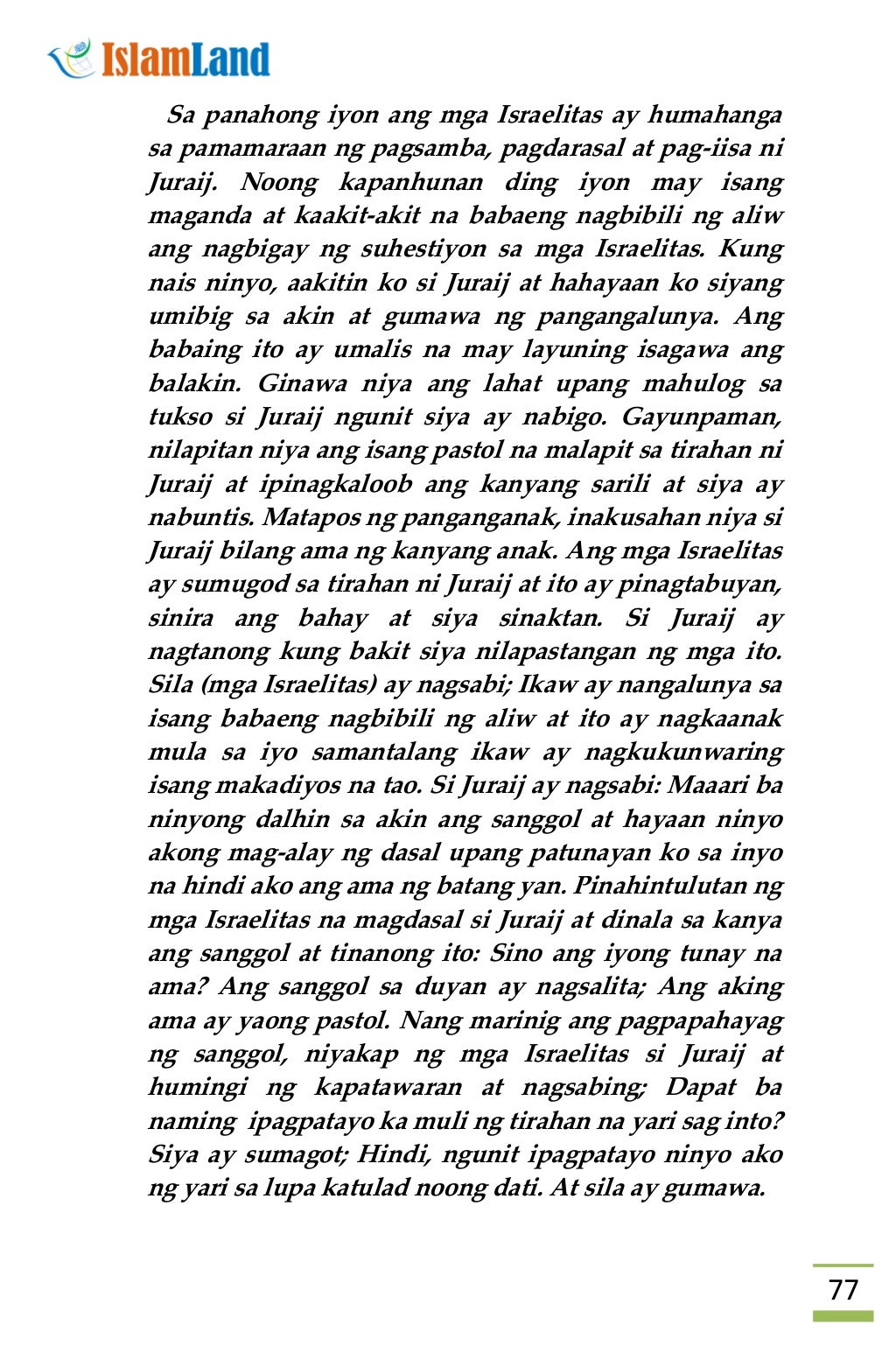
Some German states have banned public school teachers from wearing headscarves. The Italian government, citing domestic terrorism laws, has prohibited face coverings. France, for example, passed a law keeping religious symbols out of its schools, principally aimed at the Muslim headscarf.

In recent months, controversy has broken out across Western Europe over the religious dress and head coverings of Muslim women. Today, “Muslim Women and Other Misunderstandings.” From American Public Media, this is Speaking of Faith, public radio’s conversation about religion, meaning, ethics, and ideas. Is Western concern about women and Islam really a concern for the well-being of women? Is the veil a symptom of their problems or of ours? My guest this hour, Leila Ahmed, provides essential historical background and challenges my thinking. Why is that, when 90 percent of the Muslim world does not wear any of this stuff? And why is it that I never get called by a journalist - I get constantly called and asked to explain why Islam oppresses women I have never yet been asked, ‘Why is it that Islam has produced seven women prime ministers or heads of state and Europe only two or three?’ or whatever it is. LEILA AHMED: You know, when people think about Muslim women, they think of the image of Saudi Arabia or Afghanistan. She offers a lively, learned, and provocative challenge to current controversies about Muslim dress and to basic Western assumptions about Islam and the Muslim world and women. Her personal history parallels some of the defining political and social currents of our time. My guest today is Leila Ahmed, an Egyptian-born Harvard scholar.

KRISTA TIPPETT, HOST: I’m Krista Tippett.


 0 kommentar(er)
0 kommentar(er)
